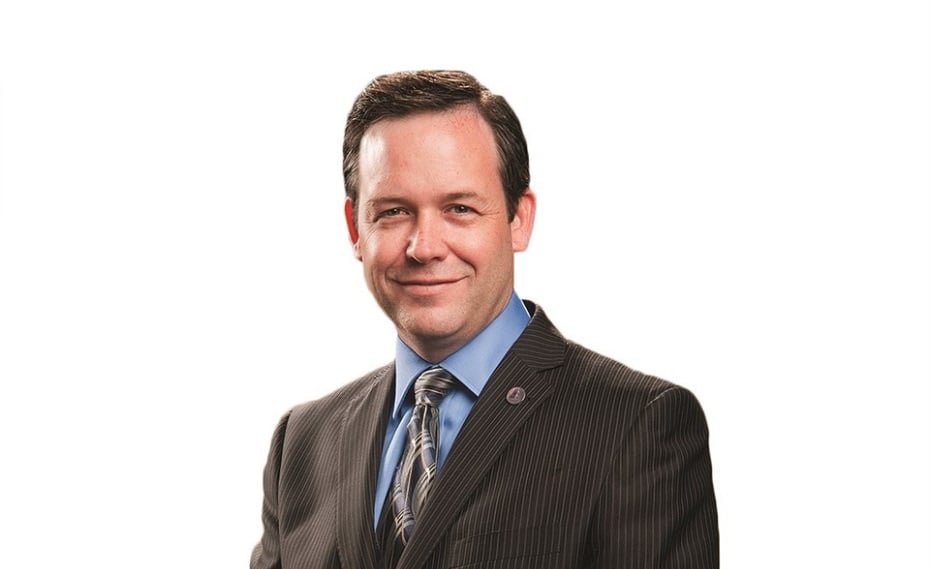
Changes to the Legal Aid Services Act could come as early as this fall

Changes to the Legal Aid Services Act could come as early as this fall, legal aid leaders and the Ministry of the Attorney General said in a meeting with law associations.
On Aug. 14, Attorney General Doug Downey “expressed a desire to know not only the impact of the budget cuts but also the solutions that may be available within the limited resources that we have as a government/society,” said a report by the Federation of Ontario Law Associations, which also said that legislation modernizing the Legal Aid Services Act is expected this autumn.
At the Aug. 14 meeting with the attorney general and with LAO Chair, Charles Harnick, FOLA, the Criminal Lawyers Association and the Family Law Lawyers Association all emphasized concerns with cuts to the legal aid budget. The Association for the Sustainability of Legal Aid asked that the attorney general cancel next year’s anticipated legal aid budget cuts, said FOLA’s report.
FOLA’s report raised concerns including: an already noticeable rise in the number of self-represented litigants; indirect impacts on women and children; and increased costs in mental health, social services and other areas of the system.
After FOLA’s legal aid committee met earlier this week, the federation announced it is preparing a submission about legal aid ahead of a Sept. 6 deadline set by LAO.
“All those interested in providing input should do so at the earliest possible opportunity to ensure that both LAO and MAG can review in advance of the pending legislation. Note that the Minister would not commit to an exact date for either submissions or legislation,” FOLA reported.
FOLA also recounted a series of Aug. 15 meetings with the attorney general and LAO chair focused on legal aid issues particularly facing criminal law, family law and refugee and immigration law.
“The single biggest theme from the attendees at each discussion was the need for technological improvements in all areas of Ontario’s justice system,” FOLA said, adding that LAO also raised the need for vested authority to remove panelists. “LAO perceives itself to be too restricted through the legislation to be as agile as it wishes to be to amend processes and procedures.”
Other issues raised by lawyers included the “problematic” the application process and that “LAO should always be asking itself if the tariff adequately recognizes the needs of the practice.”
FOLA also noted some practice-area specific developments.
Family lawyers told the leaders that they needed better access to funding earlier on in the case, and that it would be better if certificate and per-diem duty counsel could work together.
Immigration and refugee legal services — which were some of the hardest-hit when Ontario’s budget was cut this spring — recently got an influx of federal funding. As a result, LAO said it would restore funding to the level established before the budget cuts, but that it will use a different authorization for the basis of claim process.
LAO seemed “amenable” to a suggestion by criminal lawyers that they be allowed to file applications on behalf of clients “since they often do not file properly themselves or may be constrained by mental health issues,” and legal aid leaders also seemed receptive to a pitch from immigration lawyers that LAO re-introduce a mentor program, said FOLA’s report.
“FOLA stressed the negative impact that these cuts have on the public, plus the resulting negative impact on the operation of the judicial system,” the federation’s report said.